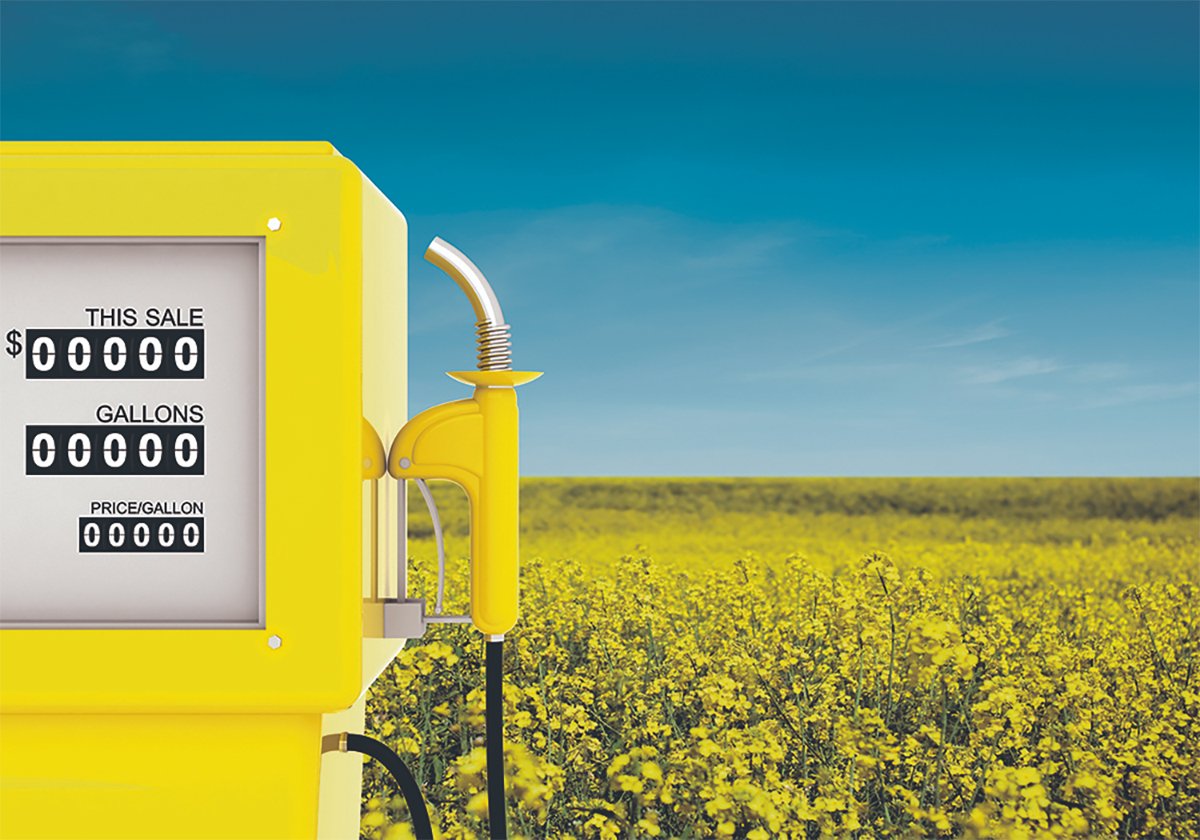The world is thirsty for malting barley and the only seller with anything on tap is Canada.
The result is prices for Canadian malting barley that have never been seen before.
Poor quality crops in Europe and the United States have left the Canadian Wheat Board as the only major global seller of malting barley until Australian and Argentine crops are harvested.
Meanwhile, demand is strong from buyers like the U.S., China and other markets.
It doesn’t take an economics degree to figure out what tight supplies and strong demand mean.
Read Also

Biofuel sector happy with federal budget
Advanced Biofuels Canada says new Biofuel Production Incentive is a lifeline until CFR amendments are in place.
The board said that since Aug. 1, it has been selling two-row malting barley for an average price of $325 per tonne, or $7.08 a bushel, basis export position. That works out to a Saskatchewan farmgate price of $5.78 a bu.
That’s unprecedented, says the board’s chief operating officer Ward Weisensel.
“The prices we are asking in certain world markets are the highest that our barley marketers can remember in U.S. dollar terms,” he said last week.
Under the board’s pooling system, farmers receive a price that reflects the average price over the entire crop year.
The latest pool return outlook for 2007-08 is $262 per tonne, or $5.70 a bu. ($4.32 at the Saskatchewan farmgate).That’s well above the projected 2006-07 pool return of $194 a tonne, or $2.88 at the farmgate.
The 2007-08 PRO takes into account sales that the board made several months ago, mainly to Canadian maltsters, when world prices were lower.
“Throughout that period we were selling to various customers at values that were very attractive at the then market price,” said Weisensel, adding that at that time no one could have predicted the rising prices.
The PRO could be affected by malting barley production in Australia and Argentina.
Jeff Nielsen, president of the Western Barley Growers Association, said while he’s happy that prices are so high, he doesn’t think the board should get credit.
He accused the board of gloating and said the price rise is being driven by world market fundamentals and would be the same in an open market.
Also, farmers would be getting the full market price immediately, instead of waiting for CWB payments diluted by the pooling system.
“The private grain trade did a phenomenal amount of business before July 31,” he said. “They would have been getting these prices as well and we’d be getting it at the farmgate right now.”
However, Weisensel said the board is capitalizing on its status as the single desk seller of malting barley to get the most out of the red-hot market.
As the only source of high quality Canadian barley, the board is able to extract the highest price that each customer is capable of paying. In an open market with numerous Canadian sellers competing for those customers, the price would be driven down, he said.














